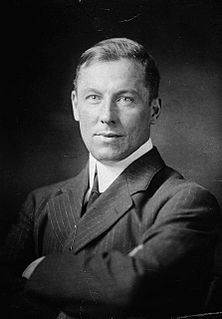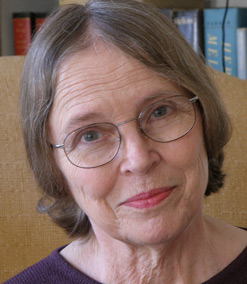A Quote by Quintilian
Related Quotes
The media we surround ourselves with allows us to manufacture our own experience every day, which is a perception of the world that is our own invention entirely, whether it is on social media or what we choose to absorb. This was very different when I was a kid, like generations before us we were exposed to things that were not entirely on our terms. We had to wrestle with and find the relationship with the world around you. It was literal experience, unlike the form of protracted psychic masturbation that is the digital world we live in.
Whatever you think The Uni-verse is withholding from you, YOU are withholding from The Uni-verse. If you think that The Uni-verse isn't answering your prayers, chances are you aren't listening to your intuition and following it. You are so scared that you ask for new intuition, but that's not how life works. The Uni-verse is constantly whispering to you, nudging you to trust It and take a leap. But if you don't take the leap of faith, then The Uni-verse can't open any more doors for you.




































